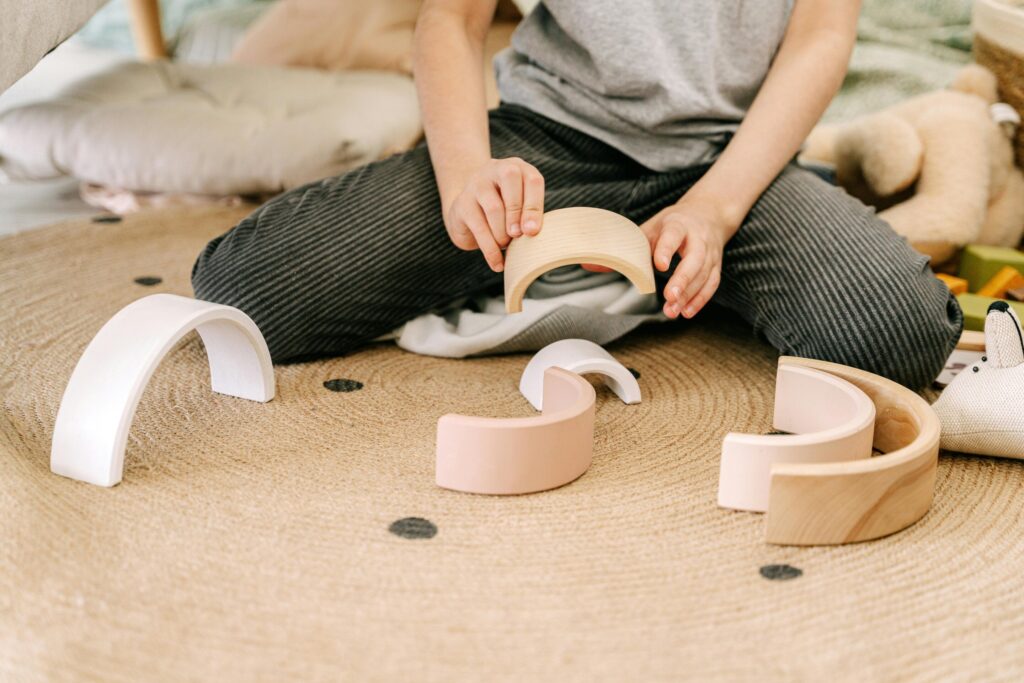“`html
Supporting autistic children, especially those with mild delays, is crucial for their development and well-being. Recent statistics show that approximately 1 in 36 children are diagnosed with autism spectrum disorder (ASD), emphasizing the need for effective strategies. These children often face challenges in social interactions, communication, and daily activities. It’s vital that families and caregivers implement comprehensive support methods. Research from Autism Speaks highlights various interventions that can significantly enhance the skills and confidence of these children while ensuring they lead fulfilling lives.
Understanding the Needs of Autistic Children
To effectively support autistic kids, it’s essential to understand their unique strengths and challenges. Children with mild delays may excel in specific areas while struggling in others. Addressing these disparities with targeted strategies can lead to remarkable improvements in their abilities. For instance, tools like the PECS (Picture Exchange Communication System) enable improved communication for many children with autism. According to recent findings, using visual supports can enhance understanding and expression in children with ASD. Furthermore, incorporating structured routines helps provide a sense of security and predictability, reducing anxiety for both children and parents. Resources from organizations like NHS offer helpful insights into daily living aids for autistic children.
Strategies for Enhancing Daily Life
Implementing daily strategies can support autistic kids significantly. One effective approach is the use of sensory integration techniques. These help children become more aware of their surroundings and engage more positively with their environment. Programs tailored for sensory experiences, such as art or music therapy, provide constructive outlets for expression. Additionally, promoting interactions with peers through structured playdates can develop essential social skills. Such initiatives reduce isolation and build confidence. Resources on structured interactions can be found at reputable sites like Raising Children Network, which provides tips on fostering friendships among autistic kids.
📊 Key Insights on Supporting Autistic Children
- Visual Aids: Enhance communication and understanding.
- Routine Structures: Provide predictability and security.
- Play Interactions: Foster critical social skills.
Collaborating with Educators
To maximize the potential of children with mild delays, collaboration between parents and educators is vital. This partnership ensures consistent reinforcement of learning strategies in both home and school environments. Special education teachers can provide invaluable insights tailored to each child’s specific needs. Regular meetings and open communication help adapt learning methods that resonate with their unique learning style. Parents should advocate for their child’s needs by staying connected with educational resources and utilizing frameworks like National Autistic Society.
Accessible Support and Resources
Finding accessible support for autistic kids is essential for parents and caregivers. Numerous grants and assistance programs are available to reduce the financial burden associated with therapies. Organizations like Autism Speaks and local health departments provide lists of available resources. Additionally, online platforms have recently emerged, offering teletherapy options, which have proven beneficial during recent times. These telehealth services allow for greater flexibility and access for families.
Key Takeaways and Final Thoughts
Supporting autistic children with mild delays requires a combination of understanding, effective strategies, and collaboration with educators. Key takeaways include the importance of visual aids, structured routines, and strong support networks. Utilizing available resources and advocating for your child’s unique needs can foster their growth and happiness. To explore more on autism support resources, visit Florida Department of Health.
❓ Frequently Asked Questions
How can I promote communication in my autistic child?
Implementing tools like PECS or sign language can facilitate communication; visual aids enable easier expression of needs. Consistency is crucial.
What role do sensory activities play?
Sensory activities help children process their environment, improving focus and engagement. They reduce anxiety and promote learning.
To deepen this topic, check our detailed analyses on Medical Innovations section
“`







